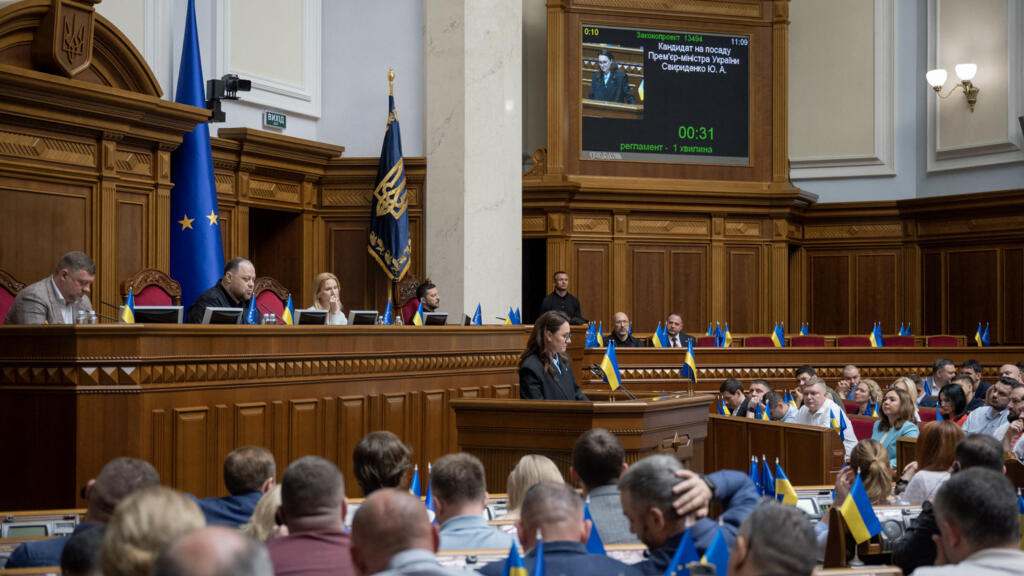The European Union (EU) expressed significant concern on Tuesday regarding a recent decision by Ukrainian lawmakers that involves the removal of the independence of two key anti-corruption agencies. This legislative change has been characterized by critics as "a serious step back" for Ukraine's ongoing efforts to combat corruption, a critical issue that has plagued the country's political landscape for years.
The specific vote by Ukrainian lawmakers allows for the overhaul of the operational structure of these anti-corruption agencies, which have been pivotal in investigating and prosecuting corruption at various levels of government. Under the newly enacted rules, these agencies will no longer operate independently and will instead be placed under the direct command of the Prosecutor General. This position, it is important to note, is appointed directly by the President of Ukraine, thus raising concerns over potential political influence and control.
Opponents of the reform argue that this shift significantly undermines the capacity of the anti-corruption agencies to carry out thorough and impartial investigations, particularly regarding individuals closely aligned with the upper echelons of Ukrainian politics. The independence of these institutions was seen as vital to ensuring accountability and transparency, especially in a nation where corruption has been a longstanding challenge. By transferring authority to an appointee of the President, critics fear that investigations into high-profile politicians and their associates could be effectively neutered, leading to a culture of impunity.
The EU's response highlights the bloc’s commitment to promoting democratic standards and anti-corruption efforts in Ukraine, particularly as the country continues to navigate its path toward closer integration with European institutions. The EU has historically supported Ukraine in its fight against corruption, recognizing that a robust and independent judiciary is essential for sustainable governance and the establishment of trust in public institutions.
This legislative maneuver comes at a critical juncture for Ukraine, which is seeking to bolster its international partnerships and secure financial assistance as part of its recovery and rebuilding efforts, particularly following the ongoing conflict with Russia. The move to curb the independence of anti-corruption entities could jeopardize these efforts, as international stakeholders may view it as a signal of regression in reform commitments.
The implications of this decision reverberate beyond Ukraine's borders, as it may affect the EU's willingness to engage in further financial and political support. The concern is that diminished anti-corruption measures could result in a decrease in foreign investments and aid, which are essential for Ukraine's economic recovery. This situation presents a complex challenge for the Ukrainian government, which must balance internal political dynamics with the expectations and requirements of its international partners.
In summary, the recent vote by Ukrainian lawmakers to weaken the independence of vital anti-corruption agencies has sparked serious alarm among the EU and other international observers. The potential consequences of this legislative change are multifaceted, raising critical questions about the future of democratic governance and anti-corruption efforts in Ukraine, as well as its broader relationships with European allies. These developments underscore the essential need for vigilance and commitment to reform, as the nation seeks to navigate the intricacies of its political and economic landscape in the wake of substantial challenges.












